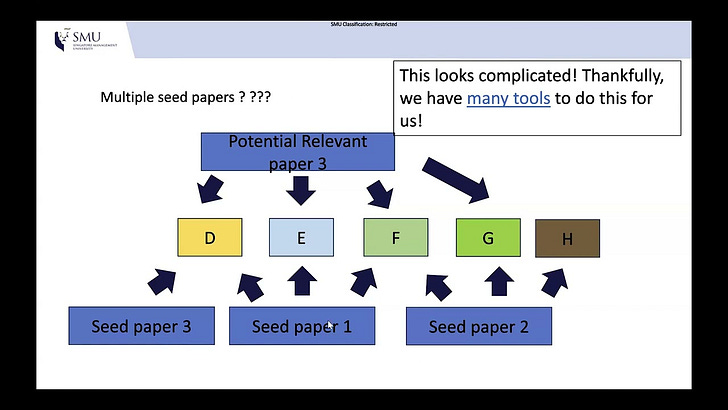
I recently compared three academic AI search tools: Primo Research Assistant, Web of Science Research Assistant, and Scopus AI for a review article.

I recently compared three academic AI search tools: Primo Research Assistant, Web of Science Research Assistant, and Scopus AI for a review article.

Introduction How do you test a tool that promises to revolutionize academic research? With AI-powered search engines popping up everywhere—from startups like Elicit.com to giants like Scopus AI—librarians, researchers, and developers need a reliable way to evaluate them.

Synopsis (Grok 3.0 aided) A new breed of "Deep Research" tools is reshaping how we tackle complex queries, moving beyond traditional search engines and quick AI summaries. From OpenAI’s Deep Research and Google’s Gemini counterpart to academic-focused players like Elicit, Undermind.ai and SciSpace, these agentic systems promise comprehensive reports and literature reviews—albeit with a much slower response.

Summary (summarised by Gemini 2.0-exp) We often think of AI-generated 'hallucinations' as blatant errors, but what happens when a RAG system produces information that's factually true but not explicitly stated in its sources?

I recently gave a 1 hour talk to the Chinese American Librarians Association(CALA) Asia Pacific Chapter on my favourite topic - How "AI" is changing academic search I have being giving many versions of this talk both internally in my institution (to librarians) and externally for almost two years and it has always been very tricky to do well.

As more and more academic search tools start to increasingly leverage on the fruits of "AI" (actually transformer based models) and librarians start to encounter such tools whether it is from brand new products like Elicit.com, SciSpace, Scite.ai assistant etc or from existing vendors bundling in AI such as Scopus AI, Primo Research Assistant, Statista Research AI etc (see list here), it becomes even more critical for librarians to understand

Google Scholar turned 20 last month and Nature wrote a piece with the title "Can Google Scholar survive the AI revolution?" and quoted as saying This led me to think, how and when do I use Google Scholar vs other "AI search tools"?

I have a controversial and perhaps somewhat surprising (to some) view. I believe that New AI enhanced tools that help by substantially doing the literature review itself should not be used (or encouraged to be used) by undergraduates particularly freshman with little or no experience doing literature review the normal way. While this might sound like gatekeeping but I think there are real and serious reasons to consider this viewpoint.

Summary Classification of Academic Search Tools by Skill and Performance : This post explores a framework for categorizing academic search tools based on their skill cap (the expertise needed to use them effectively) and performance cap (the potential quality of results they can yield), drawing parallels to gaming strategies.

Audio Overviews in Google NotebookLM is making waves online. When I first tried it, it was a "wow" moment for me. The last time I felt that way was trying Perplexity.ai in late 2022 and realizing that search engines could now return answers (with citations) instead of just potentially relevant links and I realized this would be a huge paradigm shift.

Source New! Listen to a 10min autogenerated podcast discussing this blogpost from Google LLM Notebook Ex Libris surprised us by suddenly releasing Primo Research Assistant to production on September 9, 2024 (when the earlier timeline was 4Q 2024 with some believing it might even be delayed). Despite the fact that there are so many RAG (retrieval augmented generation) academic search systems today that